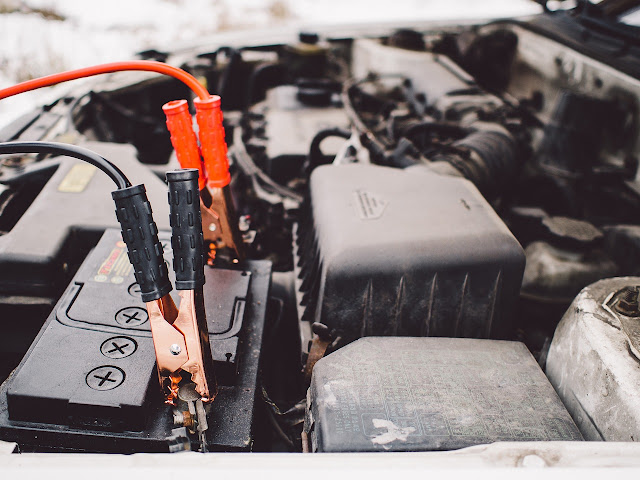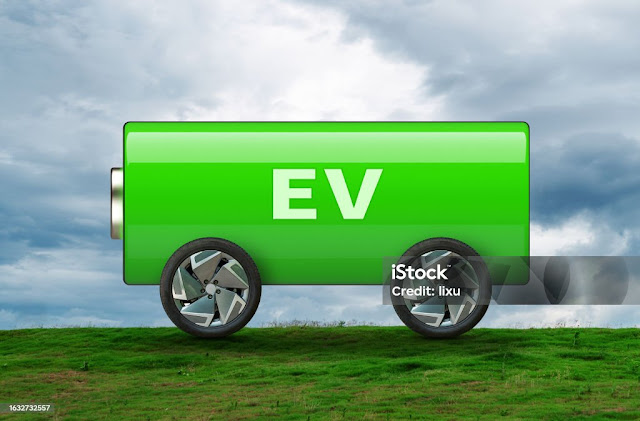Lumax Auto Technologies Stock Surges Amid Sector Outperformance

In recent trading sessions, Lumax Auto Technologies has emerged as a standout performer, with its stock outpacing both the broader market and its sector peers. Investors and market watchers have been paying close attention as the stock shows resilience in an environment where many other auto component manufacturers are struggling. This remarkable performance prompts questions about what factors are driving the company's success and how sustainable these gains are in the long term. Strong Sectoral Performance One of the key narratives surrounding Lumax Auto Technologies’ stock rally is its outperformance relative to the auto sector. While many companies in the auto and auto components industry have been affected by fluctuating global demand, rising input costs, and supply chain disruptions, Lumax Auto Technologies has managed to rise above these challenges. It has consistently shown better returns than its competitors in recent months, a sign of strength and stability in the company...




